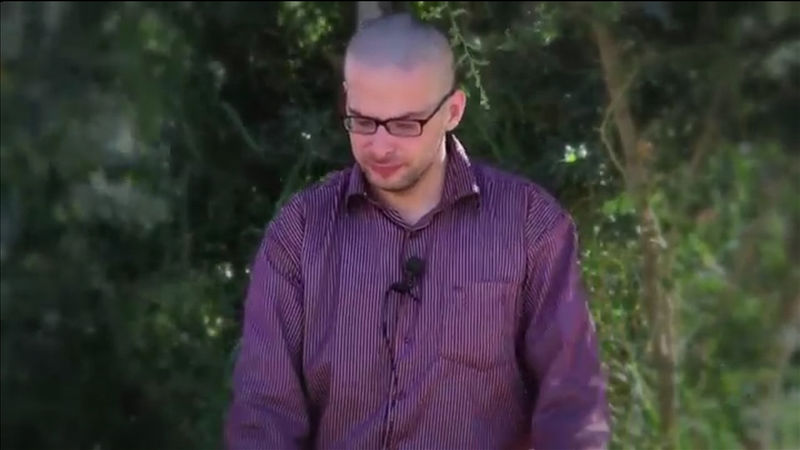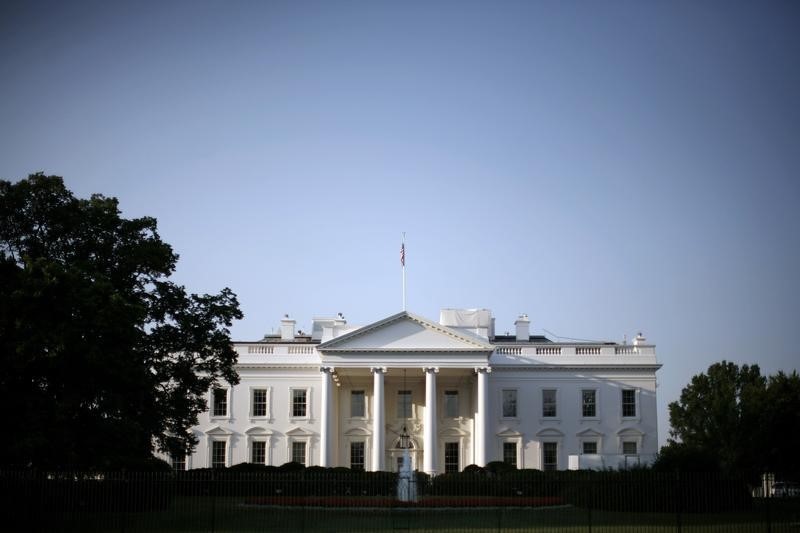By Warren Strobel and Phil Stewart
WASHINGTON/KUWAIT CITY (Reuters) - Despite three failed raids to free U.S. hostages held by militants, the United States will continue to conduct such operations, administration officials indicated, as President Barack Obama grapples with a spate of kidnappings and killings of American citizens.
The latest setback came in a remote area of Yemen early on Saturday, when al Qaeda militants shot and fatally wounded American photo journalist Luke Somers and South African teacher Pierre Korkie during a rescue attempt led by U.S. Special Forces.
Defense Secretary Chuck Hagel defended the operation and the intelligence that spurred it.
"I don't think it's a matter of going back and having a review of our process. Our process is about as thorough as there can be. Is it imperfect? Yes. Is there risk? Yes," Hagel said on Sunday during a visit to Tactical Base Gamberi in eastern Afghanistan.
"But we start with the fact that we have an American that's being held hostage and that American's life is in danger and that's where we start. And then we proceed from there," he said.
Some members of Somers' family have criticized the failed raid.
His British stepmother, Penny Bearman, told the Times newspaper that she was "quite angry, because if there had not been a rescue attempt, he would still be alive." She said the family had not been informed of the rescue effort.
U.S. officials said Somers was about to be executed by his captors after they released a video last week threatening to kill him. But Bearman told the Times that previous threats had not been carried out, and she had been hopeful.
An earlier raid in mid-November to free Somers had been unsuccessful, as was a July attempt to rescue American journalist James Foley, held by Islamic State militants in Syria. Foley was later beheaded.
Still, such rescue attempts seem unlikely to stop, given the U.S. government's policy of not paying ransom for captives.
White House spokesman Josh Earnest said on Monday that Obama had no regrets about ordering the mission, and said militants should take it as a sign of his resolve to do everything possible to rescue Americans who are held anywhere.
"Militants or extremist organizations that decide to take the risk of taking an American hostage are put on notice today," he told reporters.
HOSTAGE POLICY REVIEW
A review of hostage policy that Obama ordered this summer will not revisit issue of ransom, the White House has said.
"Barack Obama's discovering what a nightmare dealing with hostage problems is - a discovery previously made by Jimmy Carter and Ronald Reagan," said Bruce Riedel, a former senior CIA and White House counter-terrorism official.
"I don't see a lot of room for change in American policy," said Riedel, now at the Brookings Institution think tank.
The Foley raid and the first attempt to free Somers failed because the men had been moved before U.S. troops arrived, illustrating the limits of intelligence on captives' whereabouts. Somers and Korkie were shot by their captors when they detected the presence of the approaching Special Forces rescue team, officials said on Saturday.
The attempted rescue operations are a direct result of more than a decade of nearly non-stop raids against militants by elite U.S. forces in Iraq, Afghanistan and elsewhere.
"We're more capable now, borne out of 13 years of counter-terrorism," a senior U.S. defense official said. "But I wouldn't describe it as a more aggressive policy. ... the threat (to hostages), I think, is a little bit more pervasive too."
Sometimes, the raids succeed. In January 2012, U.S. Navy SEALS parachuted into Somalia and rescued an American and a Danish aid worker, killing nine of their kidnappers.

"I think you have to try" to mount rescues, Riedel said. The message it sends, he said, is "one, we're not going to pay, and two, the hostage-takers are at great risk."
(Additional reporting by David Rohde in New York and Steve Holland in Washington; Editing by David Storey and Tom Brown)
